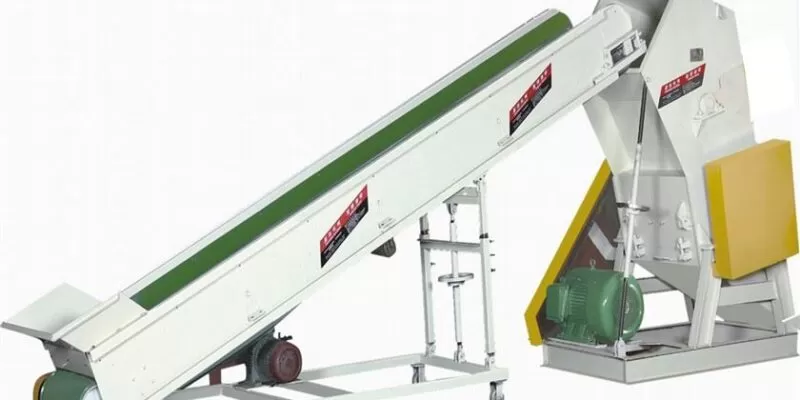Recycling plastic bottles is not just an environmental imperative but also a profitable business venture. As the CEO of Amige, a company that specializes in plastic recycling machinery, I have witnessed firsthand the transformation this industry has undergone. The question on every potential investor’s mind is, “How much do these recycling machines cost?”

The cost of machines for recycling plastic bottles can vary widely, depending on several factors including their size, capacity, and technology used. Generally, prices can range from $5,000 for a basic model to over $200,000 for a full-scale production line.
Understanding these costs is crucial for anyone looking to enter the recycling business. Let’s delve deeper into what factors influence these prices and how you can make the best investment decision for your business.
What Factors Affect the Cost of Plastic Recycling Machines?
The price of a plastic recycling machine is influenced by various factors. The most significant ones include the machine’s capacity, the technology it uses, and the level of automation it offers.
For instance, a machine with a higher capacity to process large volumes of plastic will naturally cost more. Similarly, machines that incorporate advanced technology for better efficiency or automation will have a higher price tag. It’s essential to balance these factors with your budget and business needs.
How Do Different Types of Machines Vary in Price?
There are several types of machines used in the plastic recycling process – from shredders and crushers to washing lines and pelletizers. Each serves a different purpose and thus, comes with a different price tag.
A basic plastic crusher may cost a few thousand dollars, while a complete recycling line, which includes several types of machines, can go well over a hundred thousand dollars. Understanding your specific needs is crucial in choosing the right type of equipment.
Are There Additional Costs to Consider?
When budgeting for a plastic recycling machine, it’s not just the initial purchase price you need to consider. Installation, maintenance, and operational costs also play a significant role.
These additional costs can include shipping and installation fees, regular maintenance, and the cost of utilities required to run the machines. It’s advisable to factor in these expenses for a more accurate estimate of the total investment required.
How Can I Ensure I’m Making a Wise Investment?
To ensure you’re making a wise investment, it’s important to consider the machine’s efficiency, durability, and after-sales support. Opting for a machine that is energy-efficient and durable can save costs in the long run. Additionally, choosing a supplier who provides excellent after-sales service can be invaluable.
Researching and comparing different models and suppliers is crucial. Don’t hesitate to ask for references or case studies from suppliers to better understand the performance of their machines.
What About Customization Options?
Many businesses require customized solutions to meet specific recycling needs. Customization can affect the cost significantly.
Whether it’s adjusting the machine to handle a particular type of plastic or incorporating additional features for efficiency, customization can drive up costs. However, these tailored solutions often result in better performance and ROI in the long term.
Conclusion
Investing in a plastic recycling machine is a significant decision that requires careful consideration of various factors. Remember, the cheapest option may not always be the best in terms of efficiency and long-term cost savings. As a leader in this industry, I always advise potential buyers to thoroughly research and choose wisely. The right machine can not only contribute to a healthier planet but also to a profitable business.
